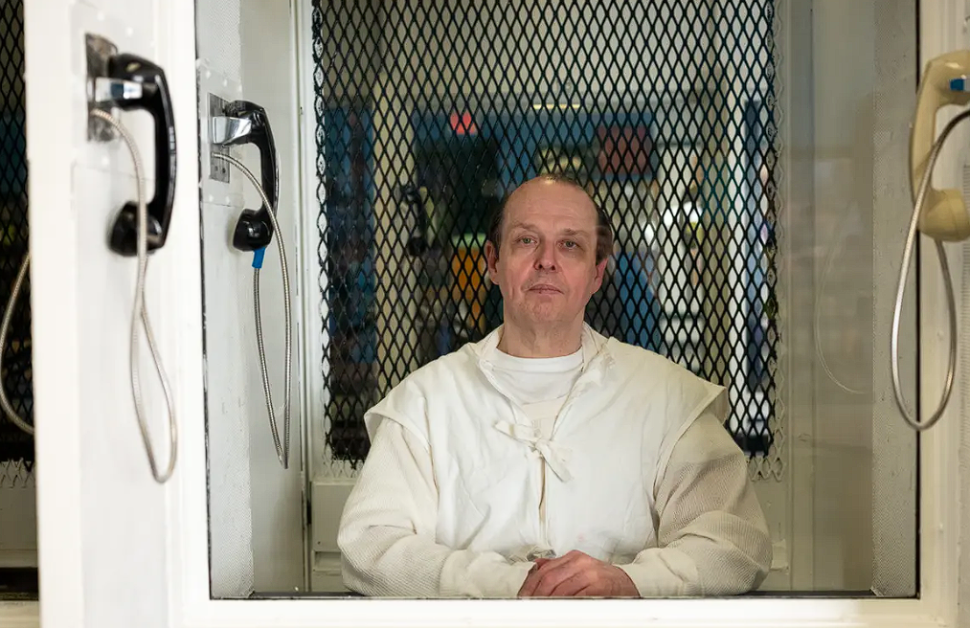
A Texas man scheduled to die next week will instead get a new trial in a shaken baby death case from 2002.
Robert Roberson, 58, has maintained his innocence in the death of his two-year-old daughter for more than 20 years, the Texas Tribune reported. During that time, Roberson's defense team has sought to cast doubt on the forensic evidence used in the case, asserting that subsequent evidence shows Nikki died of natural causes.
"There is a delicate balance and tension in our criminal justice system between the finality of judgment and its accuracy based on our ever-advancing scientific understanding," Texas Court of Criminal Appeals Judge Bert Richardson wrote in a concurring opinion. "A death sentence is clearly final and, once carried out, hindsight is useless."
The death penalty stay was granted under Texas 2013 junk science law, The Texas Tribune reported. The law is meant to allow for challenges to convictions as science continues to advance. The newspaper noted that the law has never been successfully used before to get a new trial for an inmate facing the death penalty.
Roberson's attorneys have argued that the medical and forensic science used to convict him has largely been debunked, NBC News reported. The idea of shaken baby syndrome held that a child could be shaken so violently that it might cause head trauma.
In their appeals, the defense maintained that Nikki had been ill before her death.
"Nikki was seriously ill for a week before she died—coughing, vomiting, suffering from diarrhea, with a high fever (up to 104.5 degrees). When Robert took her to multiple doctors, she was diagnosed with a 'respiratory infection,' 'likely viral' and given prescriptions," the appeal states.
The appeal states that on January 31, 2002, Roberson found that Nikki had fallen out of bed. He put her back to bed and went to sleep himself. Roberson states that hours later he found she had stopped breathing and was turning blue.




